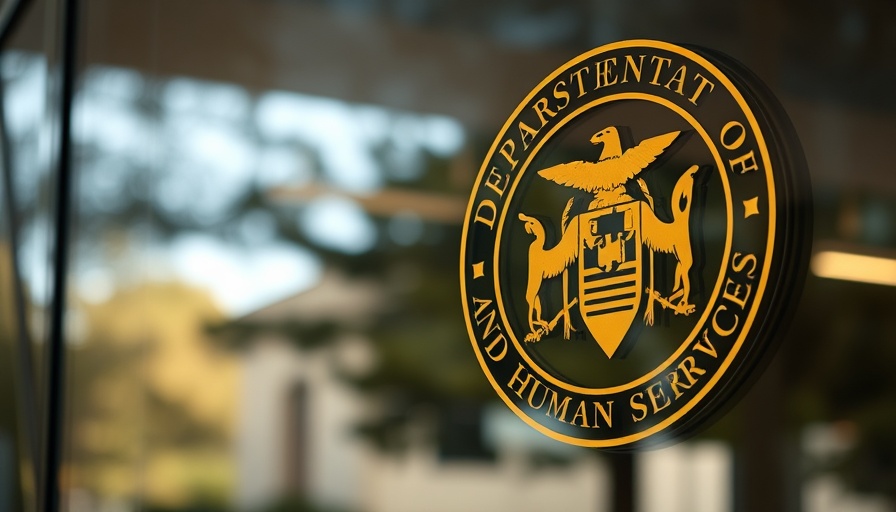
Controversial figures shape vaccine advisory board
Robert F. Kennedy Jr.'s appointment of Dr. Robert Malone and others to the Advisory Committee on Immunization Practices (ACIP) raises eyebrows in Massachusetts and beyond. Malone's past statements, including bizarre claims of public hypnosis regarding COVID-19, push the boundaries of accepted scientific discourse.
Understanding the appointment of Dr. Malone
Dr. Robert Malone is a former researcher famous for his role in the development of mRNA technology. Despite his credentials, his appointment to a significant vaccine advisory panel has created a rift among health professionals. In a 2021 appearance on Joe Rogan's podcast, Malone likened COVID-19 health messaging to mass hypnosis. This analogy, while provocative, is alarming and has been widely criticized by health experts.
Raising questions about public health narratives
With Malone's controversial views, we must ask: where do we draw the line on public discourse about vaccines? The appointment reflects a willingness to embrace dissenting opinions. However, could these perspectives dilute the integrity of public health policy? Experts worry about the implications of such appointments in a time when misinformation is rampant.
The response from the medical community
Healthcare professionals have reacted fiercely to Malone's appointment. An open letter signed by over 250 health experts demanded Spotify address the spread of COVID-19 misinformation following Malone's podcast appearance. They argue that voices like Malone's harm public trust in vaccines, a cornerstone of public health strategy. Such outcry shows that the medical community closely monitors the narratives being promoted.
Concerns over vaccine safety and effectiveness
While Kennedy and his appointees claim they demand robust safety and efficacy data before recommending vaccines, skepticism remains. The scientific community is divided. Many argue that stringent guidelines already exist. They question whether creating more dissent in the advisory panels serves public safety or just muddles the waters with untested hypotheses.
A deeper dive into public opinion
Given Malone's connections with experts who lean towards vaccine skepticism, this board may reflect shifting public attitudes. Massachusetts residents, known for their strong ties to healthcare and education, need to understand the dynamics at play. As many navigate conflicting advice, transparency becomes crucial. The concern isn’t just about the individuals appointed; it's about public health advocacy and safe practices.
Future implications for vaccine policy
The next meeting of the ACIP on June 25 will be pivotal. What decisions will the panel make? Will it lean towards conventional wisdom backed by research, or will it cater to growing societal dissent? The outcome could significantly influence vaccine policy and public trust in health recommendations. As debates around vaccine efficacy wax and wane, the Massachusetts community must stay informed.
Taking a stand on health narratives
It’s time for healthcare advocates, policymakers, and the public to engage in the dialogue. Acknowledging diverse perspectives is essential, but not at the cost of safety. Voices like Malone's remind us of the importance of critical thinking in health discussions. As the Massachusetts community looks ahead, remember: understanding both sides strengthens our commitment to evidence-based health.
Ultimately, the appointment of Malone and like-minded individuals sparks a broader conversation about who shapes public health policy. The key lies in encouraging healthy debate while maintaining a firm foundation in science. By navigating this delicate balance, we can foster a more robust healthcare dialogue that serves the best interests of the public.
 Add Row
Add Row  Add
Add 




 Add Row
Add Row  Add
Add 

Write A Comment